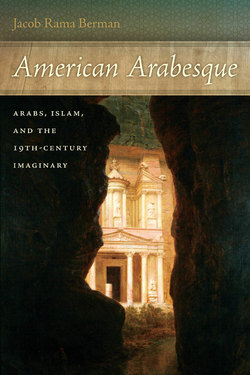Описание книги
American Arabesque examines representations of Arabs, Islam and the Near East in nineteenth-century American culture, arguing that these representations play a significant role in the development of American national identity over the century, revealing largely unexplored exchanges between these two cultural traditions that will alter how we understand them today. Moving from the period of America’s engagement in the Barbary Wars through the Holy Land travel mania in the years of Jacksonian expansion and into the writings of romantics such as Edgar Allen Poe, the book argues that not only were Arabs and Muslims prominently featured in nineteenth-century literature, but that the differences writers established between figures such as Moors, Bedouins, Turks and Orientals provide proof of the transnational scope of domestic racial politics. Drawing on both English and Arabic language sources, Berman contends that the fluidity and instability of the term Arab as it appears in captivity narratives, travel narratives, imaginative literature, and ethnic literature simultaneously instantiate and undermine definitions of the American nation and American citizenship.
